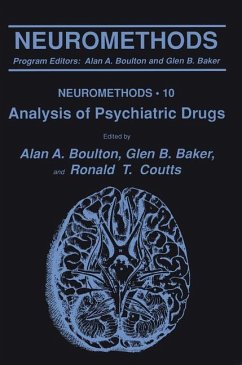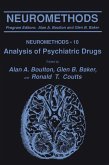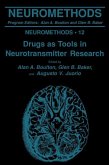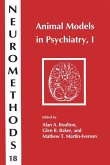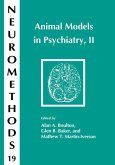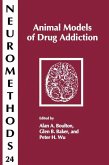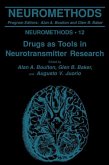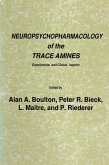In this volume, we hope to cover the malor techniques that are presently being used to analyze the actions of drugs used in psyc- atry. The contributors of the chapters are active researchers who have considerable practical experience with the techniques they are describing, and the emphasis in the chapters is on three types of psychiatric drugs, namely antidepressants, antipsychotics, and anxiolytics. The first chapter, by Curry and Yu, discusses protein binding of psychotropic drugs, with special reference to equilibrium ana- sis as the method of assessment and to lipophilicity correlations. Since many of the drugs used in treating psychiatric disorders are bound extensively to protein, this aspect is of great importance with regard to their therapeutic actions and toxicity, Basic mat- matical models, techniques for the study of protein binding, molecular aspects of protein binding, binding in relation to lipophilicity, indirect approaches to measurement of the fraction of drugbound, the function of protein binding, and tissue binding are among the topics discussed. Chapter 2, by Norman and B- rows, deals with the principles of isotope derivative assays and their applications to antidepressants and antipsychotics; extensive protocols are provided. The third chapter, by Cooper, deals with analysis by gas-liquid chromatography. Sample collection and storage, extraction procedures, column selection, use of internal standards, types of detectors, techniques of application, and - plications to specific drugs are among the topics discussed.
Hinweis: Dieser Artikel kann nur an eine deutsche Lieferadresse ausgeliefert werden.
Hinweis: Dieser Artikel kann nur an eine deutsche Lieferadresse ausgeliefert werden.

